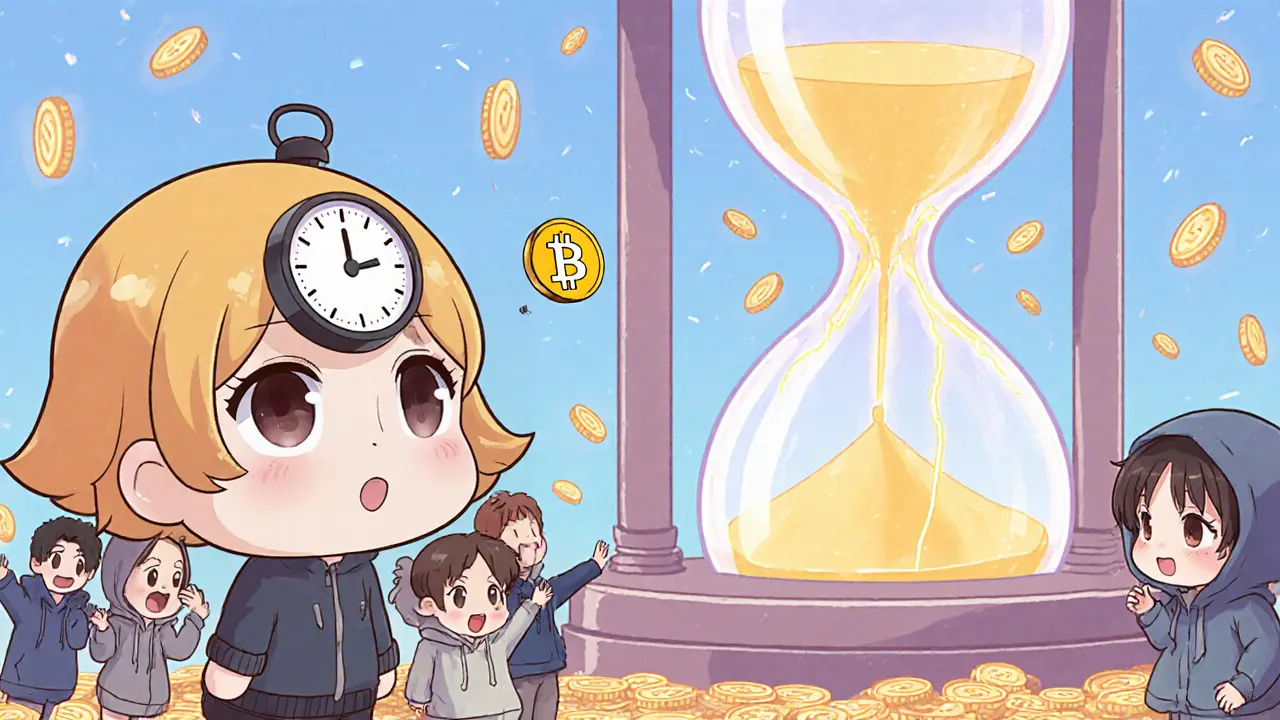Transaction Speed in Crypto: Why It Matters and What Affects It
When you send crypto, transaction speed, how quickly a blockchain confirms and records a transfer. Also known as block confirmation time, it’s the difference between your payment clearing in seconds or hours—and sometimes not at all. Slow transactions aren’t just annoying; they cost you money, miss trading windows, and make everyday use of crypto impractical. If you’ve ever waited 20 minutes for a simple ETH transfer or seen your trade fail because gas fees spiked, you know how vital this is.
Transaction speed depends on three things: the blockchain, the underlying network that processes crypto transfers, the gas fees, the cost paid to miners or validators to prioritize your transaction, and whether you’re using a Layer 2 solution, a secondary system built on top of a main blockchain to handle transactions faster and cheaper. Ethereum used to be painfully slow, with transactions taking minutes and fees hitting $50 during peaks. That’s why projects like Arbitrum, zkSync Era, and Blast now exist—to cut that time to under a second and fees to pennies. But not all chains are equal. Some, like BSC, are faster but less secure. Others, like Solana, boast high speed but have had outages. Your choice of network directly impacts how fast your money moves.
High transaction speed isn’t just for traders. It’s what makes crypto useful for payments, gaming, and DeFi. If you’re buying a token on a DEX, waiting too long means you get a worse price. If you’re claiming an airdrop, slow confirmation can mean missing the cutoff. And if you’re using a low-liquidity token like RP1 or ARX—both mentioned in our posts—you’re at the mercy of whatever chain it runs on. That’s why we cover Layer 2 gas fees, exchange performance, and blockchain specifics in every review. You don’t need to be a developer to understand this. You just need to know: if your transaction takes too long, something’s broken. And now you know what to look for.
Below, you’ll find real-world breakdowns of exchanges, tokens, and networks where transaction speed makes or breaks the experience. Some are fast. Some are broken. All of them matter.
